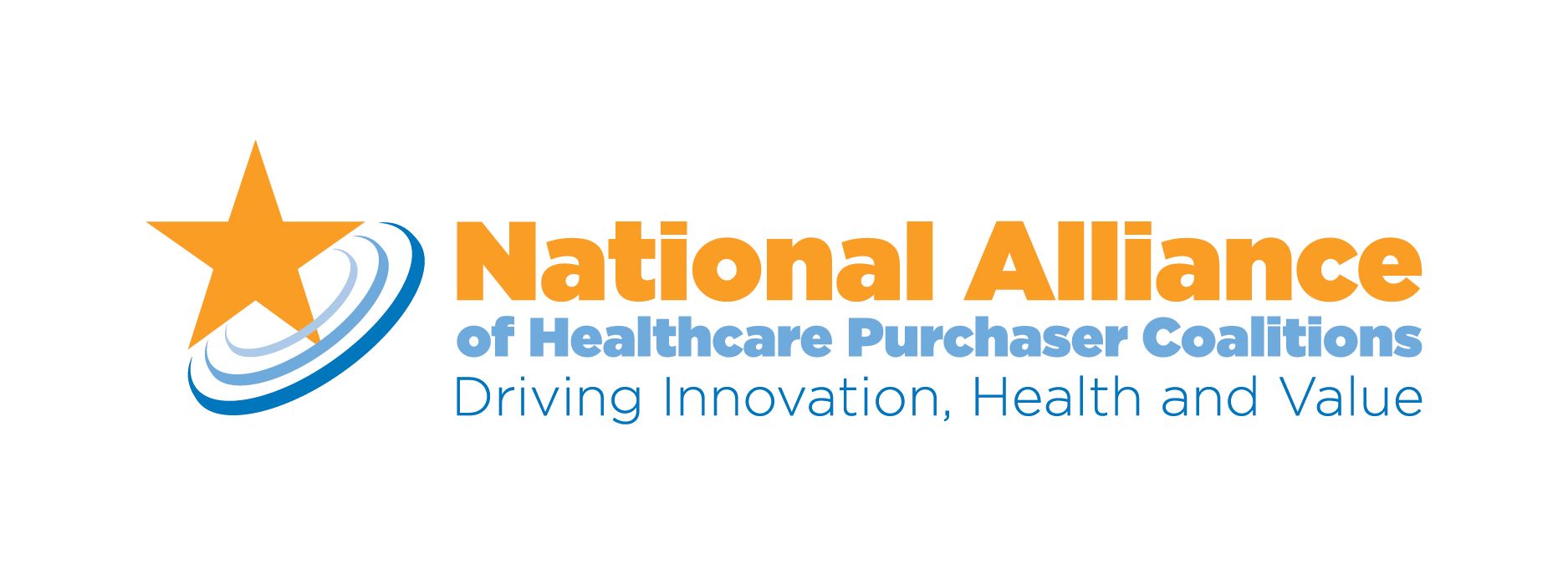
National Alliance Submits Recommendations to Senator Alexander on Reducing Waste in US Healthcare System

In response to Senator Lamar Alexander's, R-Tennessee, request for recommendations on ways to reduce waste in the US healthcare system, the National Alliance of Healthcare Purchaser Coalitions has submitted recommendations.
In response to Senator Lamar Alexander's, R-Tennessee, request for recommendations on ways to reduce waste in the US healthcare system, the National Alliance of Healthcare Purchaser Coalitions has submitted recommendations. Noting that half of all Americans receive healthcare coverage through employer-sponsored health insurance, the National Alliance wrote that it is essential that emloyers and both regional and national coalitions that represent them be engaged with policymakers in these efforts.
The National Alliance's comments focus on value-based purchasin/payment reform, drug pricing and real-world outcomes, education, and comparative effectiveness research.
Regarding value-based purchasing/payment reform, the National Alliance explained that risk-based contracts, bundled payments, and advanced primary care need to be more widespread and that moving toward a value-based payment system is critical to realigning incentives away from encouraging waste toward keeping people healthy. When it comes to drug pricing and real-world outcomes, the National Alliance wrote that while overall prescription drug prices continue to rise, the cost of specialty pharmaceuticals are of particular concern. They added that as proposals continue to be put forward to address these prices, it is important for employer plan sponsors to be included in the conversation.
Highlighting the Choosing Wisely Campaign, they wrote that education is critical for combatting inefficient use of the healthcare system. The campaign's mission is to reduce the use of unneccessary services by promoting conversation between clinicians and patients and helping patients choose care that is nonduplicative, supported by evidence, free from harm, and neccessary. Lastly, they mentioned comparative effectiveness research, particularly in oncology and mental health, which promotes understanding of which treatments work, and which don't.
Newsletter
Stay ahead of policy, cost, and value—subscribe to AJMC for expert insights at the intersection of clinical care and health economics.









